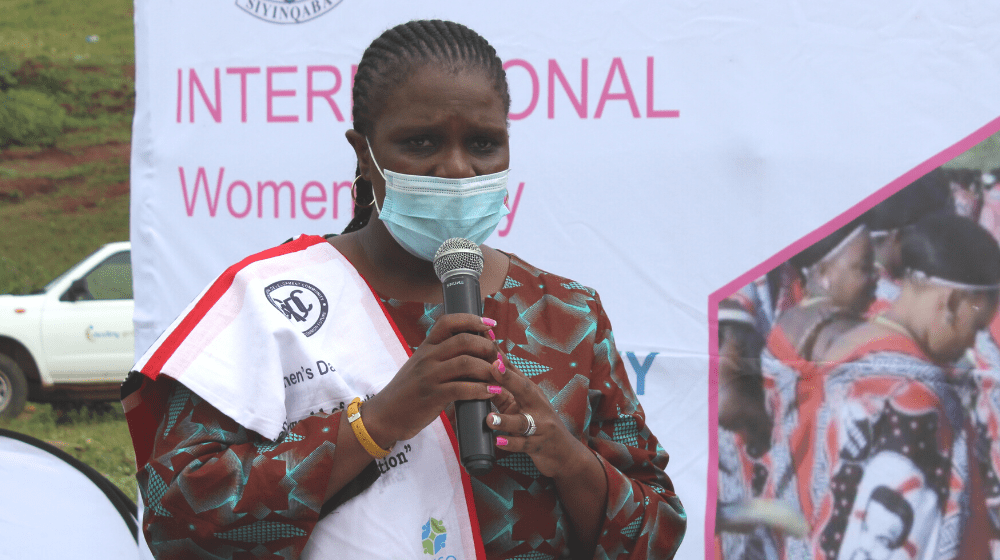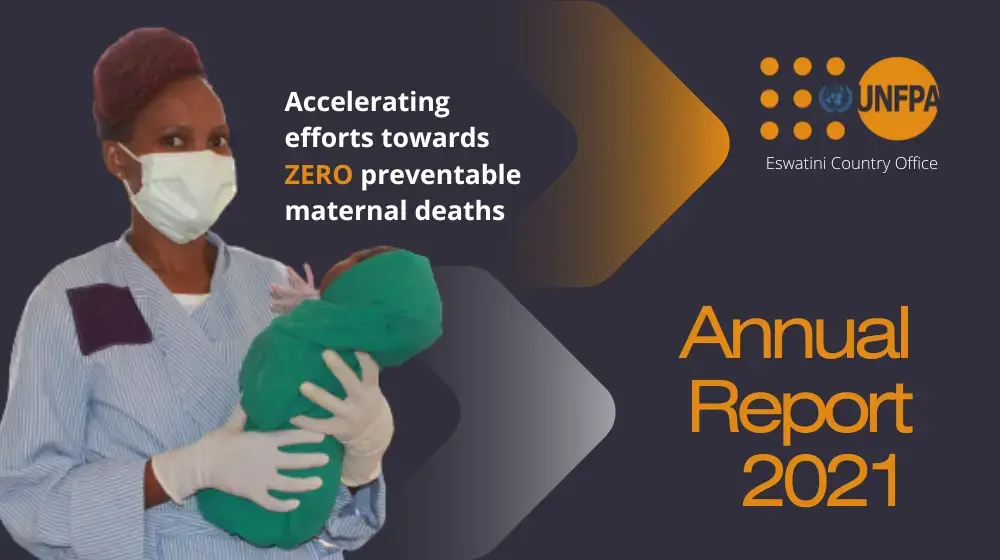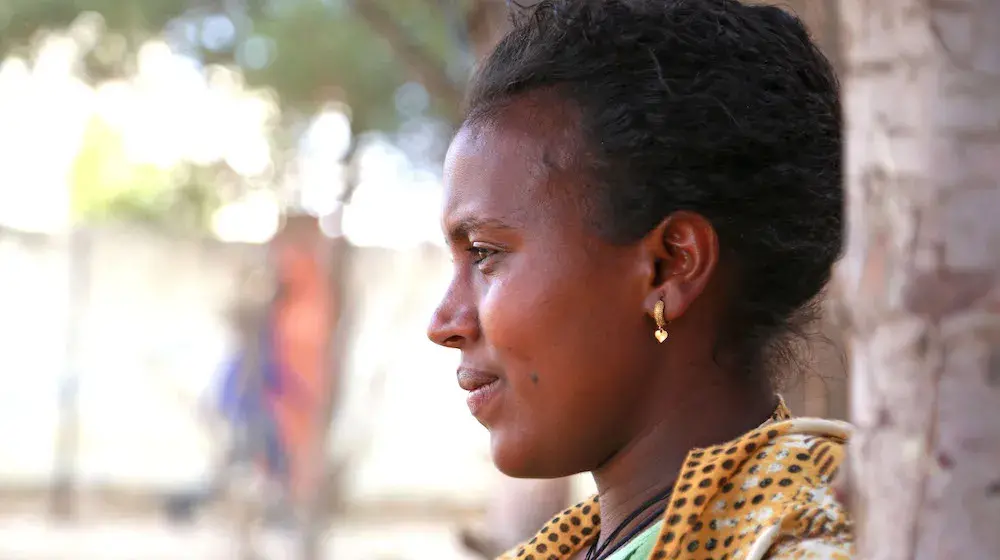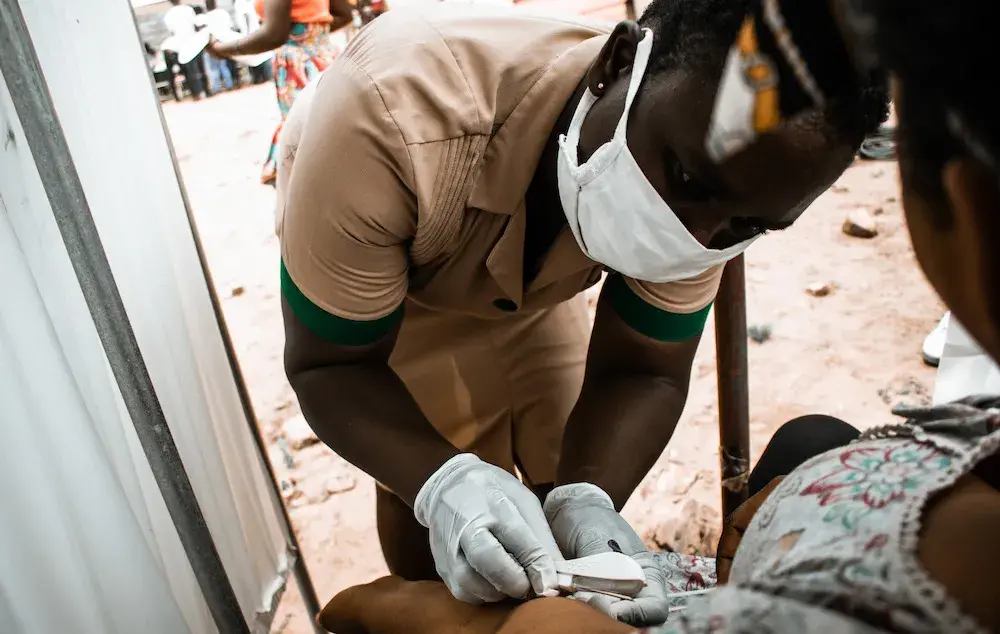“I started as a way of keeping busy while resting at home. I wasn’t aware of the monetary value and its impact towards protecting the environment,” stated Gogo Dlamini explaining how she turned a hobby into a livelihood craft.
Gogo Dlamini is a 60-year-old woman from Nkwene community in the Shiselweni region, the southern part of Eswatini. She earns a living through small-scale crop production and making rugs from old sacks and plastic bags, an activity she started about 2 years ago. Rural places in Eswatini like Nkwene, are a home to about 70% of the population with an estimated daily generation of plastic of 15.9g. In many households, this is a source of pollution but to Gogo Dlamini, this is now a source of income.
“These mats are in demand; my children always place orders when they come from work. The money I receive helps me in buying basic household needs. “I’m no longer dependent now,” she added.
“People will think you’ve gone crazy,” she reminisced on her children’s reaction when she started collecting plastic bags in the streets.
According to Gogo Dlamini, protecting the environment is very important as it provides many essentials for human’s to live. “Long ago, we used to get good harvests from the fields. Today, it’s a different story, the fields are tired, limited rains and very high temperatures and little to harvest.”
The community now enjoys a cleaner habitat and animals are even safer.
“Plastics used to be scattered all over the place around homes and the road. The place was not as attractive as it is today,” said Dlamini narrating the notable difference in the community.
The International Women’s Day 2022, celebrated under the theme Gender equality today for a sustainable future, honoured the work of women like Gogo Dlamini in helping communities adapt to climate change through environmental protection activities and agriculture. The commemoration was held in collaboration with the Deputy Prime Minister’s Office, the European Union, Women Farmer Foundation, Eswatini Environmental Authority and the UN’s World Food Program.
In her remarks, Thamary Silindza, the representative of UNFPA’s Head of Office Margaret Thwala Tembe, stated that climate change related crises worsened the vulnerability of women and girls in communities.
“We’ve seen during recent crises such as COVID_19 pandemic and Cyclone Eloise, where women lost livelihood opportunities, access to essential health services and some were abused.” Silindza further urged communities to prioritise women when offering support in communities, particularly those leading local climate change mitigation initiatives.
“I hope through this gathering we will be able to identify ways for supporting women in our community as well as strengthening women empowerment, gender equality and gender based violence prevention.”
The Officer in Charge, stated these words in echoing UNFPA Executive Director Dr Natalia Kanem who urged pay the price of climate change and other crises. In Eswatini, anecdotal data is showing that women lost access to essential health services while many young girls fell pregnant during the COVID_19 pandemic.





